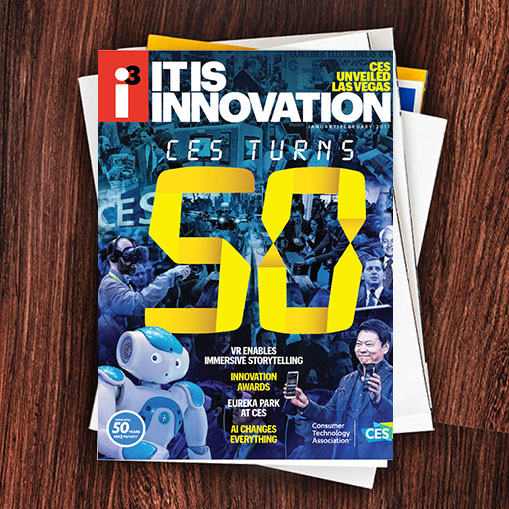Limitless is a cloud-based platform for building interactive characters in VR. We started Limitless in the spring of last year. After spending some time figuring out how to best solve a problem in VR, we hit one in particular – emotional engagement with characters which means making them interactive. Characters need to respond to what you say; you need to respond to what they say. They need to be part of your story, just like you are part of theirs. And that means we have a lot of fundamental technology to build to help our customers and partners extend their creative reach. We’re pushing the boundaries of VR to let people build rich stories using characters in a way that they can’t in any other medium. Characters in VR feel real and you want to engage with them, talk to them and expect them to talk back. You are not tempted to talk to Mickey Mouse or Keanu Reeves when you see them on your flat screen, but you do in VR because they feel real.
VR will change other mediums fundamentally in a way TV and radio haven’t. It is clear to us the future is going to be interactive. Even in early tests for Gary the Gull when voice recognition wasn’t working, 50 percent of people still talked to Gary. That showed us an important part of VR is to engage. We believe interactivity is a key part of VR and, if you want to interact with something, the most interesting “thing” to interact with is a person – that cuts across all demographics and all verticals. We see a world where people will interact with virtual characters in movies and games, and that’s going to be amazing. People will interact with characters in training VR experiences such as surgery simulations, police training, becoming a part of a history lesson, in e-commerce, advertising – the list goes on. We have the opportunity to build interactive characters in all of those verticals.
We are excited about the next year. It’s going to be great to see VR emerge in the mainstream even stronger, especially with the launch of the PlayStation VR – one of the main platforms for Gary the Gull – along with Oculus and Vive. We announced VR Animation in October 2016, a product which allows users to build stories directly in VR using motion controllers. Now, learning that software is no longer a barrier and making a story in VR is as easy as playing with toys. And that is an amazing thing. Just like we created stories with our toys back when we were kids, we can now build professional quality content. The only difference between a professional and amateur is the quality of ideas and the amount of time and effort put forth. We are looking forward to more people using VR animation as we go out of closed alpha to closed beta in 2017.

i3, the flagship magazine from the Consumer Technology Association (CTA)®, focuses on innovation in technology, policy and business as well as the entrepreneurs, industry leaders and startups that grow the consumer technology industry. Subscriptions to i3 are available free to qualified participants in the consumer electronics industry.